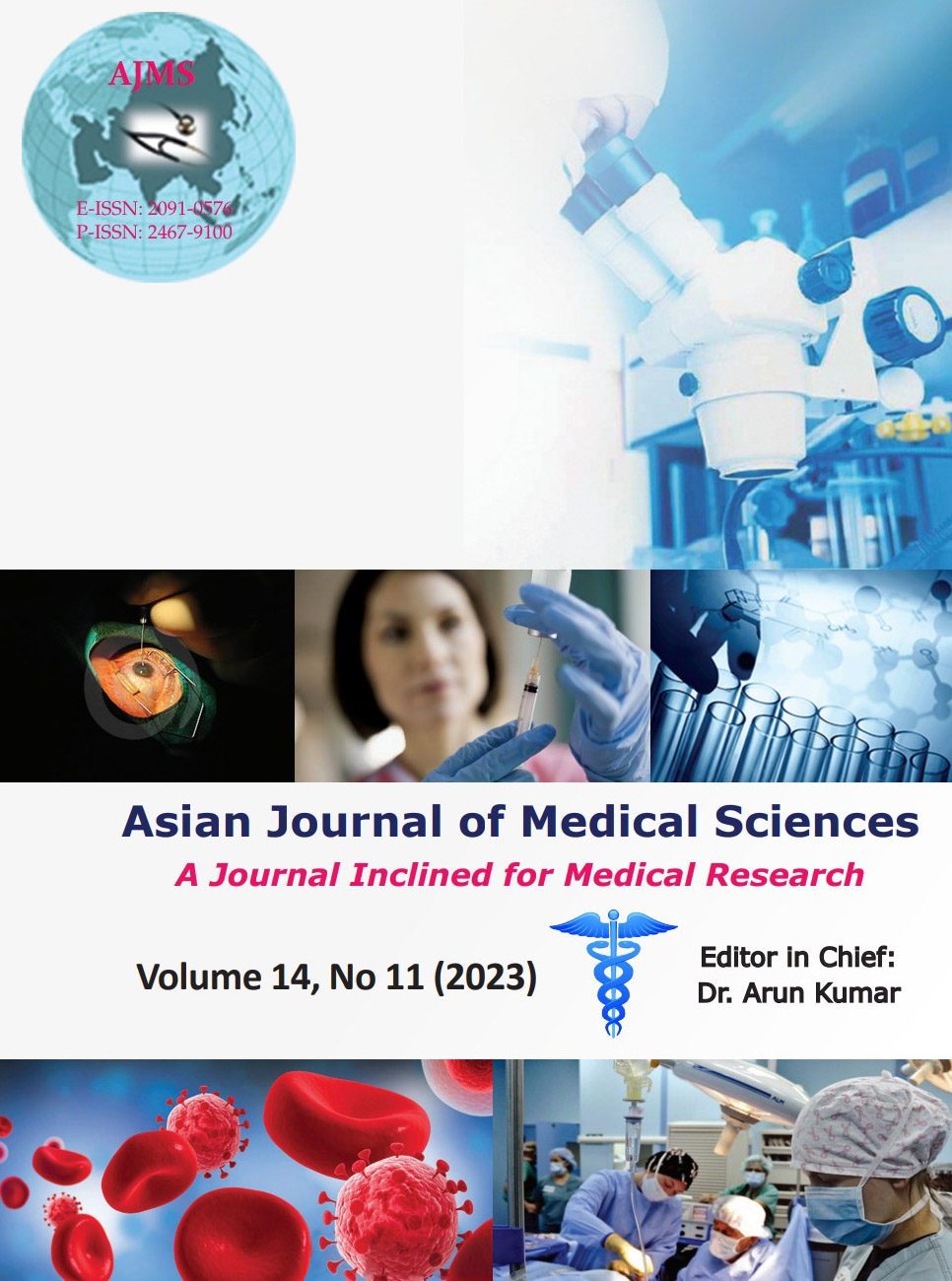Reliability of the university of Texas classification in predicting the outcomes of diabetic foot in a tertiary Center in Kerala: A prospective observational study
Keywords:
Diabetic foot ulcer; University of texas classification system; Diabetic foot; Foot amputations; Diabetic foot woundAbstract
Background: Diabetic foot ulcer (DFU) is one of the most serious complications of diabetes and frequently necessitates amputation, which lowers quality of life with the distressing prospect of re-amputation and increased mortality. The available classifications for a standardized approach to diabetic foot ulceration, though crucial in predicting clinical outcomes, have their limitations.
Aims and Objectives: This study examined the reliability of the University of Texas (UT) classification system in predicting outcomes of diabetic foot in a tertiary center in Kerala, South India.
Materials and Methods: In this prospective observational study, 98 DFU patients at Jubilee Mission Medical College and Research Institute, Thrissur, from December 2019 to June 2022 were categorized according to UT classification, and the treatment with outcomes for 6 months was recorded.
Results: Among the total population, 24.4% of diabetic feet achieved healing without amputation. We observed an increasing incidence of impairment of healing (P=0.018) and in the number of amputations in Grades 1, 2, and 3 (P=0.000). At 6 months, 52% of diabetic feet, including those who underwent amputation, healed completely.
Conclusion: DFU in a lower grade but higher stage according to the UT classification showed impaired healing and higher amputation rates as this system includes infection and ischemia. This classification allows reliable categorization and enables re-allocation of grade and stage of diabetic foot during treatment and follow-up, thereby facilitating effective management and predicting outcome.
Downloads
Downloads
Published
How to Cite
Issue
Section
License
Copyright (c) 2023 Asian Journal of Medical Sciences

This work is licensed under a Creative Commons Attribution-NonCommercial 4.0 International License.
Authors who publish with this journal agree to the following terms:
- The journal holds copyright and publishes the work under a Creative Commons CC-BY-NC license that permits use, distribution and reprduction in any medium, provided the original work is properly cited and is not used for commercial purposes. The journal should be recognised as the original publisher of this work.
- Authors are able to enter into separate, additional contractual arrangements for the non-exclusive distribution of the journal's published version of the work (e.g., post it to an institutional repository or publish it in a book), with an acknowledgement of its initial publication in this journal.
- Authors are permitted and encouraged to post their work online (e.g., in institutional repositories or on their website) prior to and during the submission process, as it can lead to productive exchanges, as well as earlier and greater citation of published work (See The Effect of Open Access).




